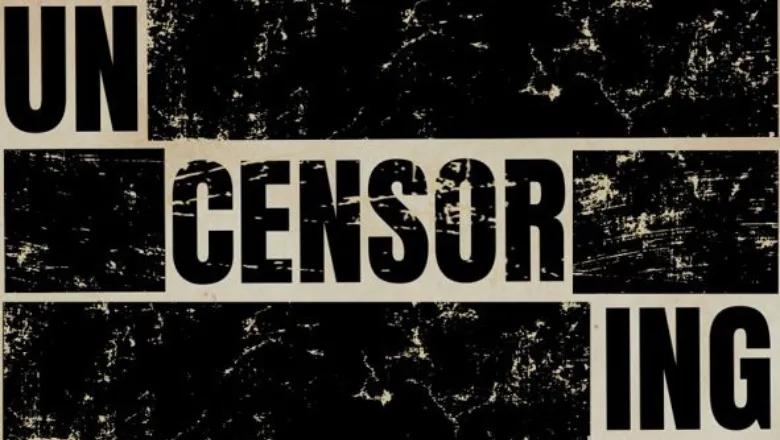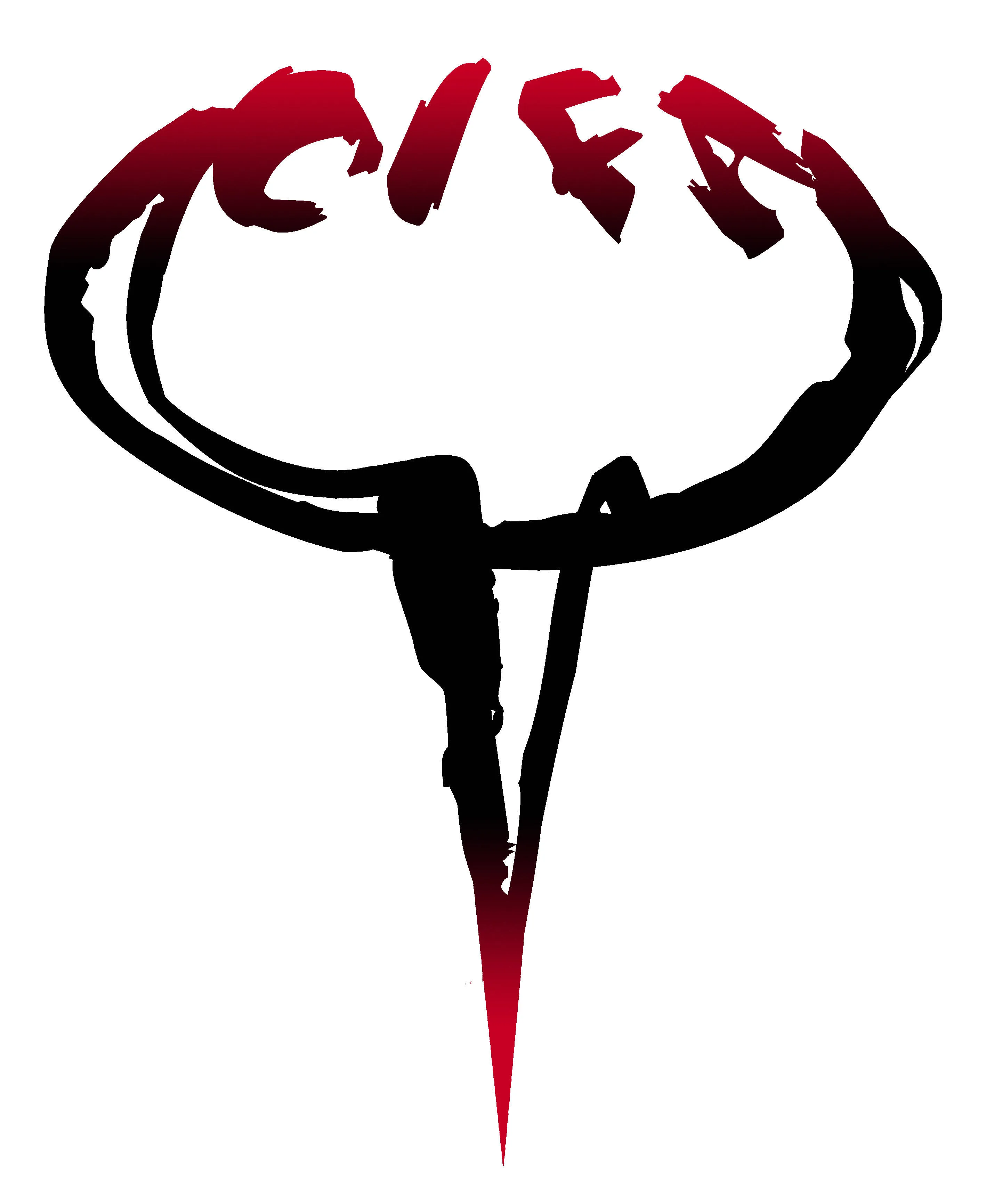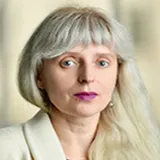In the age of the innovative digital safeguarding of cultural heritage, on the one hand, and the explosive rise and development of data technologies and ambient communication, on the other hand, the making of cultural memory and attention has been increasingly subjected to unprecedented forms of suppression and fabrication. In the face of semiotic justice and progress that the digital access, datafication, and platformization of cultural heritage has promised, the ambiguity of censorial identity, the fragmentation of its power, and the competing discourses over censorial legacies are raising a new set of questions and challenges.
Censorship may be narrowly associated with the historical regimes of dictatorship while overlooking the pockets of authoritarian administration and its devices of silencing, forbidding, suppression, and fabrication within democratic and liberal contexts and systems. It is in the deceptive state of digital abundance and wellbeing that we intentionally or involuntarily accept and reinforce the ways in which censorship might be organized through small everyday acts of speech, memory making, and socio-cultural interactions as well as larger actions of governance at the institutional, state, and global levels. The interest that the network takes in the notion of censorship is premised on its expansive treatment to include the instances of censoring and being censored, self-censorship and memory altering, digital surveillance, anonymity, online harassment, platform censorship, AI-powered automation, and other established and emerging, explicit and implicit forms and tools of censorship.
Based in the Faculty of Arts & Humanities, King’s College London, the Un.censor.ing Network is a collaboration amongst institutional and independent partners that include artists, filmmakers, activists, curators, and academics across disciplines who seek to create, advance, and disseminate their critical insight and engagement with the issues of censorship though research, artwork, archives, case studies, and other artefacts and formats.
If interested in collaborating, please contact us at uncensoring@kcl.ac.uk.




